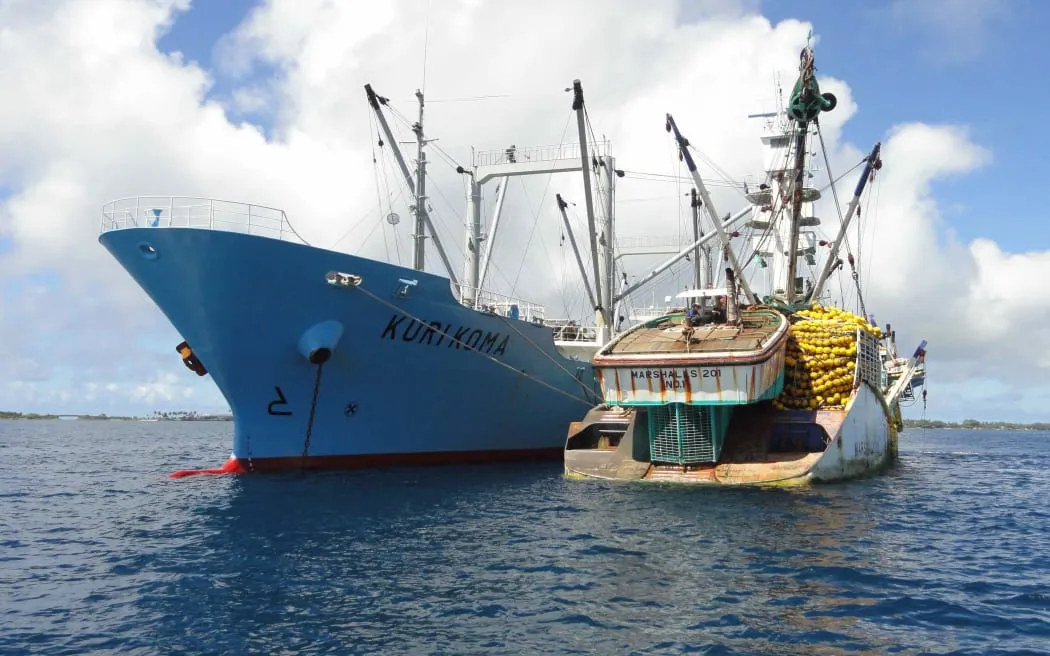The Western Pacific’s Largest Tuna Fishery Gets a New Set of Standards
The Western and Central Pacific Fisheries Commission (WCPFC) has taken a significant step towards improving the welfare of fishing crew in the region. After years of negotiation, the Commission has agreed to implement new labour standards aimed at ensuring fair pay, safe working conditions, and protections against forced labor and other abuses.
Background on the Initiative
The WCPFC’s efforts are part of a broader push for social responsibility in fisheries management. The Forum Fisheries Agency (FFA), which represents FFA member countries, has been instrumental in driving this initiative. Dr. Pio Manoa, deputy director general of the FFA, hailed the new standards as “crucial to ensure the safety and dignity of crew.”
A Modernization of Oversight
The Commission’s adoption of interim electronic monitoring standards marks a major milestone in modernizing oversight of the world’s largest tuna fishery. After ten years of effort, this move will augment the work of human observers by integrating onboard cameras and other technology.
Dave Gershman, an officer for the Pew Charitable Trusts’ international fisheries project, welcomed the development, saying it would increase data collection and help ensure compliance with the Commission’s rules. However, he also noted that the Commission had failed to agree on ways to improve transparency in transshipment of fish catches – a matter where the Commission’s rules currently lag behind UN recommendations and those adopted by other regional fisheries management organizations.
A Step Forward for Labour Standards
The introduction of these new labour standards is a significant step forward for human rights in the tuna industry. While there is still work to be done, this development highlights the growing recognition of the importance of social responsibility in fisheries management.
In conclusion, the WCPFC’s commitment to improving labour standards and modernizing oversight reflects a critical shift towards prioritizing the welfare of fishing crew. As the world’s largest tuna fishery continues to operate, it is essential that these efforts are sustained and further strengthened to ensure that the rights of those working in this industry are protected.

0 Comments